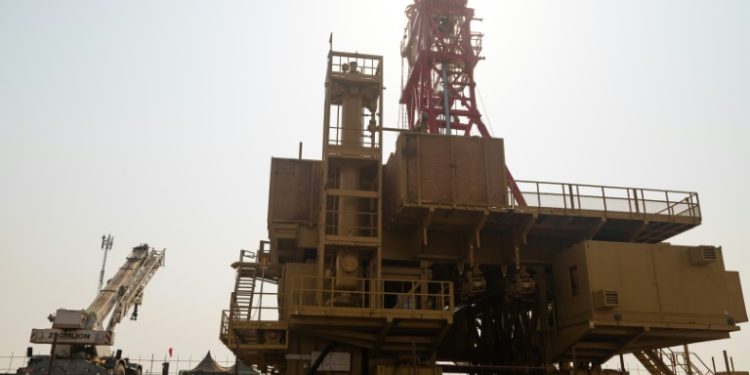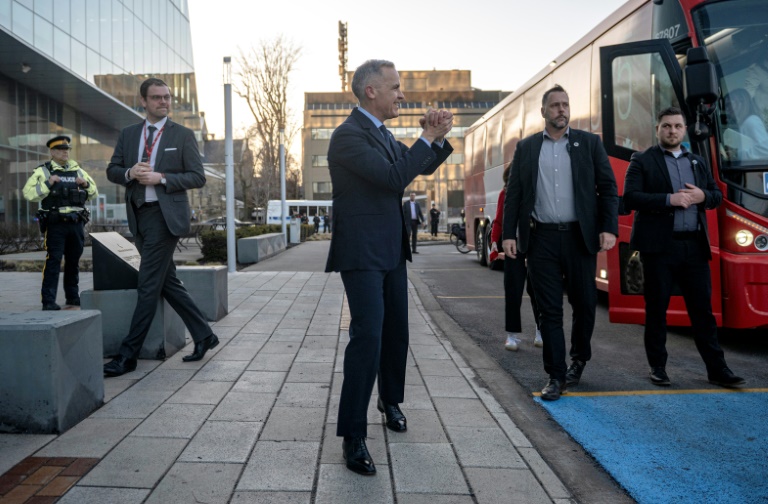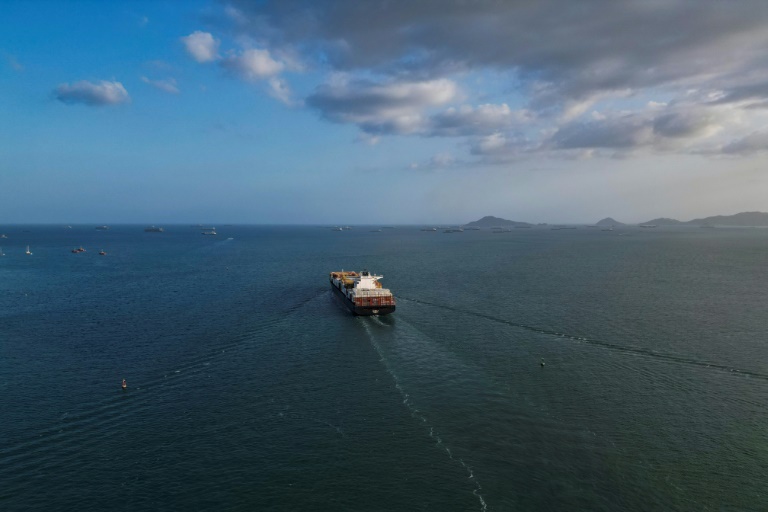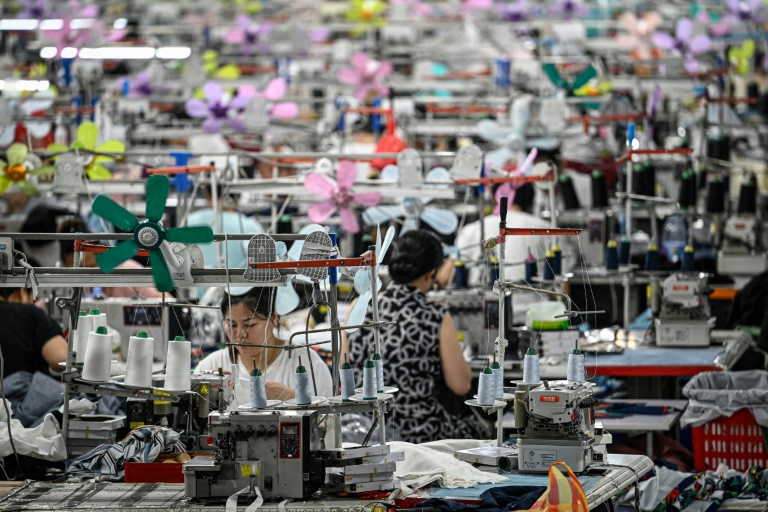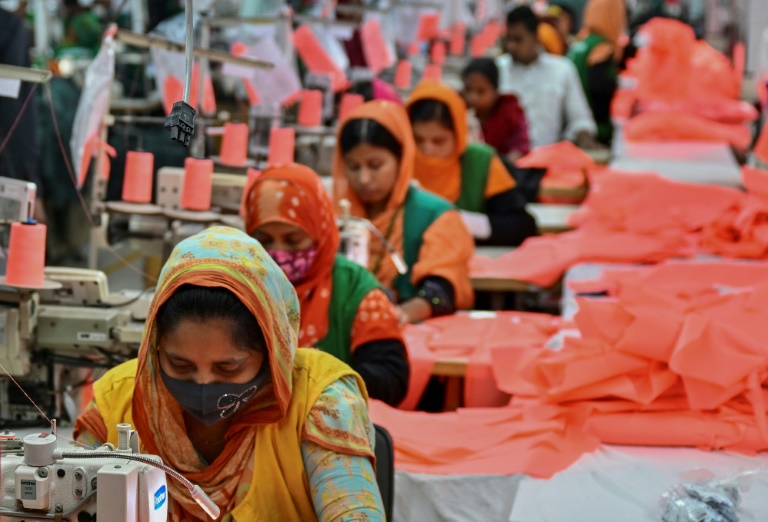Geneva (AFP) – Production has yet to begin, but TotalEnergies’ controversial East African oil project is already taking a dire environmental toll in Uganda’s largest national parks, a leading conservationist group said Friday.
Despite opposition from environmentalists and rights activists, the French energy giant is pushing ahead with its Tilenga drilling project in Uganda and a 1,443-kilometre (897-mile) East African Crude Oil Pipeline (EACOP) to transport its output to the Tanzanian coast.
The $10-billion project involves drilling more than 400 oil wells in western Uganda, many of them in Murchison Falls Nature Park, a biodiversity reserve and the country’s largest national park.
TotalEnergies, which is working with Chinese oil company CNOOC, insists it is “a responsible operator” acting “transparently on social and environmental issues” surrounding the project.
But environmentalists say the project is already severely impacting wildlife and the fragile ecosystem in the park, just a year after drilling began and before production gets underway next year.
A report from the Africa Institute for Energy Governance (AFIEGO) detailed obvious biodiversity loss, and found drilling vibrations were chasing elephants from the park.
“It has been devastating,” AFIEGO conservationist Diana Nabiruma told AFP in a recent interview in Geneva.- ‘Hoping for justice’ –
AFIEGO — a 2022 winner of the Swedish Right Livelihood Award, which is often characterised as an alternative Nobel Prize — was among NGOs and individual Ugandans who last year sued TotalEnergies in Paris for reparations over alleged rights abuses linked to the project.
Maintaining that over 120,000 people had been displaced by the projects in Uganda and Tanzania, Nabiruma said she was “hoping for justice” in that case, lamenting that many had been “unable to replace all or parts of their land”.
When contacted by AFP, TotalEnergies insisted in an email that “Tilenga and EACOP certainly don’t involve moving hundreds of thousands of people”.
It insisted that many with land along the pipeline route would “be able to use it after the works”, adding that 775 households “will be rehoused in the vicinity and in better conditions”.
AFIEGO’s report, which relied on satellite image analysis and interviews with locals, tour guides, civil society actors and biodiversity experts, meanwhile documented serious environmental issues.
It found that vibrations from the drilling rig were chasing elephants into surrounding communities, where they were destroying croplands and increasingly running into humans. At least five people had been killed in such encounters since last year, it said.
– ‘Indebting’ Ugandans –
The report also said lights mounted on the rig, which could be seen across nearly 14 kilometres, were negatively affecting nocturnal and light-sensitive wildlife like leopards and lions.
More paved roads and motorised traffic in the park was also exposing wildlife to higher risks of poaching, accidents and noise and air pollution, AFIEGO warned.
TotalEnergies insisted that it had carefully examined the potential environmental impacts prior to launching the project, aiming to rein in and compensate for any biodiversity loss.
It said its contracting partner had been tasked with observing the impact of the project on elephants in particular, and had seen “no significant change in elephant movement patterns”.
And it said that “warm” and inward-facing lighting had been mounted on the rig “to limit light pollution”.
Overall, it insisted, the projects aim to provide “a net gain for biodiversity and communities” and “will open up economic opportunities for the local population”.
Nabiruma flatly rejected that. “These oil activities are indebting the Ugandan population forever,” she said, urging France and others to withdraw support and bring the project to a halt.
Campaign groups suggest TotalEnergies is struggling to secure the remainder of the financing needed to complete the project.
“Ugandans shouldn’t be burdened with biodiversity loss, with grave human rights abuses and with environmental risks, just so that other countries can benefit from the oil in the country,” Nabiruma said.
Funding should instead “flow towards renewables”, she said, pointing to the huge potential for solar power, especially in Uganda.
“It’s not enough to only stop funding for bad projects. Funding must flow to the good projects.”
© 2024 AFP

